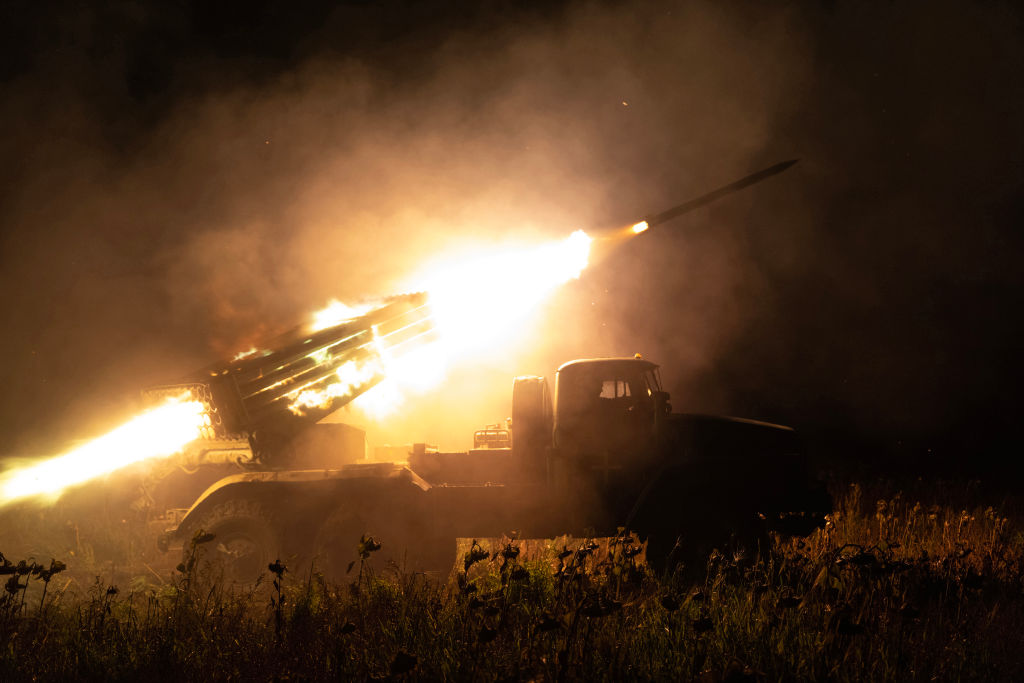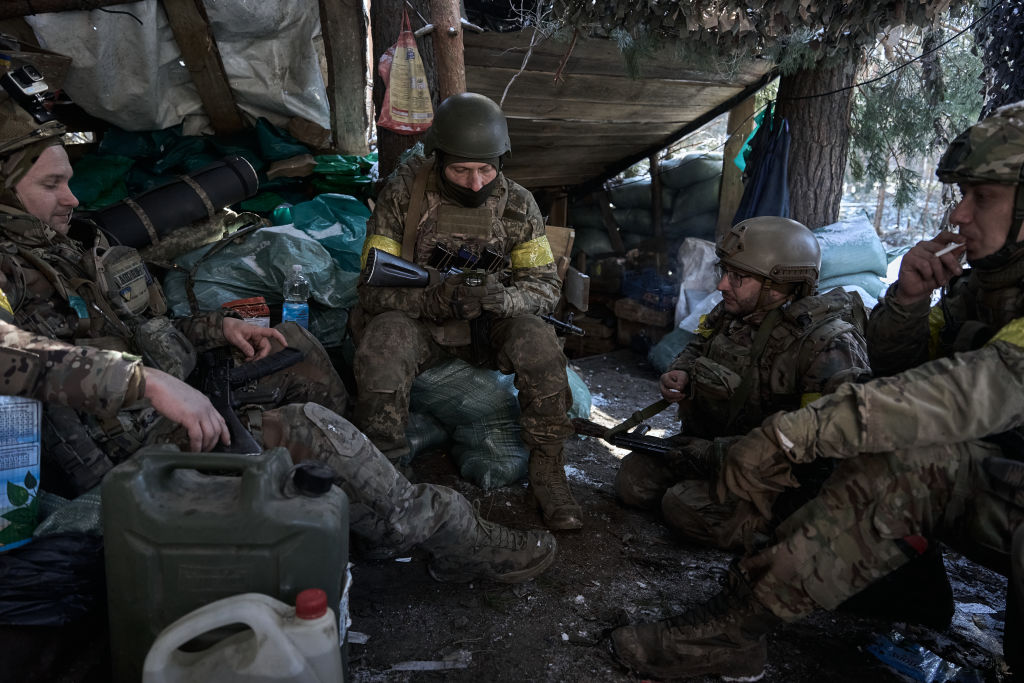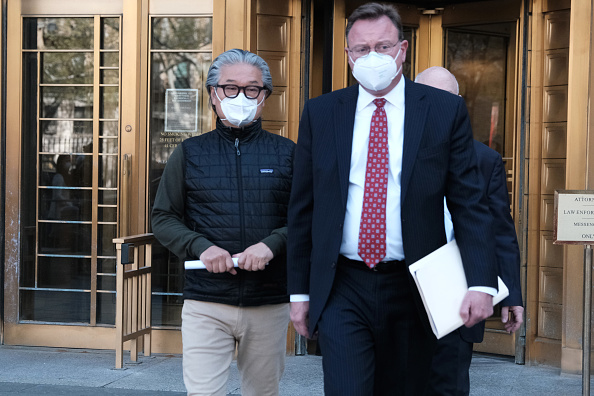Most great political revolutions in history take years, even more than a decade to unfold fully. At the time, those living through these events perceive them as just “one damn thing after another,” hardly expecting where it will all lead.
Only after the fact, when the revolutionary period is gone and the histories are written, can we appreciate the place of those convulsions in the long chain of circumstances that form the destinies of nations.
The fall of the Roman Republic took some 18 years to play out, from Caesar’s crossing of the Rubicon in 49 BC to Octavian’s triumph at Actium in 31 BC, and the transition to Principate was still not settled until 27 BC.
The English Revolution lasted from 1649 when Charles I was executed to at least 1660 when Charles II’s reign began (11 years) – and one can argue the final act only took place with the Glorious Revolution of 1688.
The American Revolution consisted mostly of the war, from 1775 to 1783, while the Constitution did not come into force until 1789 (14 years total).
The French Revolution that began in 1789 went through several distinct stages with differing governance arrangements until Napoleon definitively abolished it in 1804 (15 years) when he created the Empire.
Even the Russian Revolution, known to us mostly in the form of the singular event of 1917, is more appropriately understood as including both the revolution of 1905 and the civil war up to 1923, 18 years overall.
A similar type of world-historical “revolution” might be underway in our times, even if we do not tend to think about it as such, perhaps because it has only taken rather “soft” and purely political forms until now.
It began in 2016 with the twin event of the Brexit referendum and, later, Donald Trump’s election. At the time liberal pundits talked of 2016 as the annus horribilis for “democracy,” particularly as Europe had just experienced the Great Migration Crisis of 2015 and of course Putin’s assault on Ukraine from 2014 — all while ISIS was rampaging through the Middle East as well as European cities.
This timeframe matches well with the historical examples above — indeed, it suggests that now, ten years in, we might be entering the critical final period of such 15-18 year cycles.
Things, including, or especially, politics, have never been the same since that inflexion point in 2014-2016. The populist wave has ebbed and flowed —the European elites even drew a sigh of relief for a moment when Trump lost and Britain had been forced into a bad Brexit Deal — but the past few years have shown that the hard Right has now become a permanent feature of European politics and is not going anywhere.
The 2024 EU elections may in fact mark a deeper turning point in Europe’s history than what the electoral results suggest. For one, they demonstrate definitively that there is no going back to “normal,” and that the liberal elite establishment that has been running the Euro-show for decades (with increasingly disturbing effects in every sphere, from culture to economics) cannot put the populist genie back in the bottle.
They may still be able to command a formal majority in the European Parliament, but the days of running roughshod over the Right-wing eurosceptic opposition may be coming to an end. There will have to be more negotiation and compromise to get legislation through – and of course, to approve the new Commission.
The French snap election, which might well put Le Pen in control of the French parliament and therefore government, might end up being the most consequential result of the euro-elections.
In Germany, too, the AfD’s spectacular surge in the euros and, conversely, the governing coalition’s crushing defeat, will take German politics to levels of pressure and acrimony not seen perhaps since the days of the Weimar Republic.
It is this layer of domestic political calculations, whether in the case of Germany or France and others, which is set to complicate the negotiations and, frankly, the sheer functioning of the European Parliament in this new mandate.
The establishment parties may still have a majority, but — seeing what “rewards” Renew and the Greens reaped from successfully pushing their Green agenda under Timmermans and other such fanatics — will they even want to use it, if the price can be so high?
The power of the free vote is indeed a marvellous thing to behold, when it makes politicians pay for their failures and arrogance.
So, what next? The Euro-establishment has two options. The first is to crank up the hysteria about extremism and the “far Right,” and go into a full “defending democracy” war-mode. In Germany this may even take the form of banning the AfD.
Other “institutional” means can also surely be deployed against “enemies of the State,” as we have seem for years in the US against Trump, but also in Europe at various times. This approach can only lead to more radicalisation on all sides.
The other option is for the establishment parties to compromise on key policies and effectively appease the hard Right on key issues such as immigration and so on, in the hope of taking the wind out of their sails.
But in practical terms such a strategy is impossible to execute in a coordinated fashion at European level even if there was the will to do so among key leaders of groups like the EPP or S&D. The political resistance from these parties’ own activist base and wider social ecosystem would preclude any serious moves in this direction — except, perhaps, in some individual countries with specific, more permissive political circumstances.
So, radicalisation it is, then.
This, perhaps with some admixture of the second, “compromise,” track, is likely to define the course of European politics over the next few years. The consequences are not difficult to imagine. Apart from the erosion of democracy primarily through more expected abuses of State power, the EU will become increasingly dysfunctional as its increasingly complex workings will be ever more exposed to political blockages.
The European project has ended in a kind of halfway house, living in the worst of both worlds. It is powerful enough to distort European politics and create tension and radicalisation through overreach; but at the same time it is too weak and exposed to the knock-on effects of the domestic politics of its member states to function properly and keep anything under control.
It is hard to see how Europe can escape this dead-end, as its politics is fragmenting and as its security is increasingly in doubt precisely because its cross-continental failures in all the other areas of policy, not just defence.
This is before we even consider Europe’s future Ukraine policy, which is now suddenly in greater doubt than at any point since 2022, especially with the RN, AfD and other “anti-war” parties doing so well in this election. The Revolution continues.






Let’s give Austria-Hungary a chance – Europe needs some Habsburg values